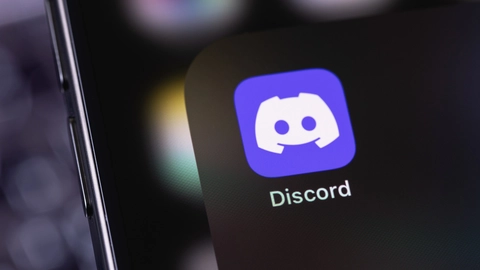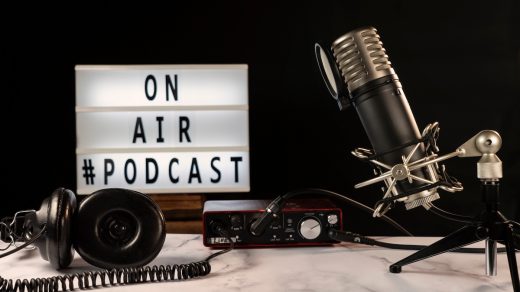Last week, my country was shaken with horrible news of the brutal murders of 2 young women. Turkey has one of the highest rates of violence against women, and numbers of femicide cases have been going up every single day. The main reason why the public is so outraged is due to the government’s inaction, who could have easily gotten ahead of this horrifying loss if they had gotten the necessary precautions. Offenders are repeatedly let go without any consequences, even when the victim presses charges. Turkey is also the first and only country to withdraw from the Istanbul Convention, an international human rights convention that opposes violence against women. Both of the girls could have been with us today if they had been protected by the law, like they were supposed to be.
Following the incident, many women started sharing their own experiences on social media, and sharing tips on how to defend oneself in a possible attack. Detailed posts about certain spots on the body you can hit or punch to get yourself enough time to run away, videos on how to escape possible types of situations, and so much more. They shared links to products such as electroshock devices that women can buy and carry with them everywhere to be prepared for anything. This chain of solidarity extended to the streets when women’s rights groups immediately called for street protests. Thousands of people joined the protests and gathered in many places in Turkey.
Social media is a double-edged sword in these kind of situations. It remains a powerful tool to raise awareness, educate people and for solidarity. On the other hand, it also comes with a dark side. While bringing people together for many good reasons, it also gives the people with horrifying ideologies the chance to come together.
After the recent events in Turkey, discussions in online forums which praise violence against women and illegal activities were uncovered and exposed shortly. These discussions were found in platforms such as discord servers, telegram groups and certain internet forums, and exposed to the public on Instagram and X (Twitter) so that people could report them. They’re found to be led by groups of users who spread and sell graphic videos of murder and assault, child exploitation, blackmail and harass people online. What the government decided to do when faced with this, was to ban Discord completely.
“We are determined to protect our youth and children, the assurance of our future, from harmful publications that constitute a crime on social media and the internet. We will never allow attempts to shake the foundations of our social structure,” said the minister.1
Blocking and banning social media platforms is not new for Turkey, as Instagram, X, Facebook, Youtube has also had temporary bans in the past and quite recently. Access to Wattpad and Roblox was blocked permanently, the explanation for the Roblox ban being for child safety. According to a report in 2023, a total of 240,857 domain names were blocked from access in Turkey. In 2006, this number was only four, and has increased 60,000 times in 2023.2
The question here is, does banning social media platforms all together really fix everything and stop the harmful content, or make it even harder to control by pushing it underground?
All these evil people behind the screens probably easily find a way to connect to VPN and access the server, it’s not like blocking access to a website is going to stop them. Even if it does for a brief moment, they could just find another platform to discuss and spread their heinous thoughts and acts. Instead of going after these people and bringing back the laws that protect women, the decision to just ban popular social media platforms seems rather absurd. How effective is digital media censorship, if all it does is to block open channels of communication that many people use on a daily basis and the criminals that caused this are still free with no consequences, nothing else done to stop them?
I wanted to talk about this by giving the specific example of what has been happening in my country, but moderating content online in the digital age obviously is an issue everywhere around the world, and each country may have a different approach. Balancing content regulation while ensuring that the digital world remains a safe space for everyone where people can connect and share information is not easy. However, banning platforms completely and dismissing their complexity also should not be the answer. Especially in a situation where criminals are running free, knowing their actions probably won’t have any serious consequences, enforcing censorship on digital media should not be the first thing to do. It should be possible to adapt more extensive regulations that protect people online, without taking away their freedom to use social media platforms.
References:




Very good blog about an absolutely awful situation. I feel for all women in Turkey right now. The government should take actual matters to protect women, instead of the lazy approach of just banning online platforms, they should go after the criminals, not the platform.
It reminds me of Hong Kong in 2019, the riot between citizens and the government. People used Telegram to conspire all those marches.
Censorship is something that ‘if you live in it for the whole life, you are ignorantly happy’, ‘if you were imposed under it, you would like to fight against it’.